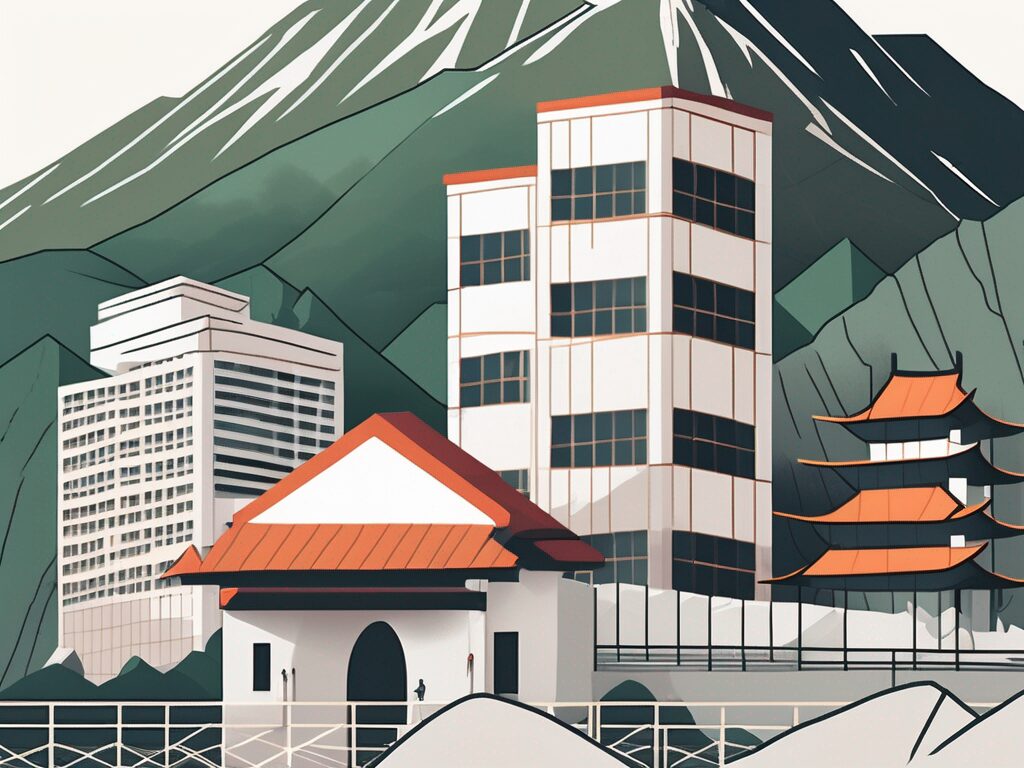Why Singapore Education is Best in the World?
Singapore’s education system is renowned globally for its excellence and innovation. For aspiring international educators, understanding what makes Singapore’s education system so successful can provide valuable insights and opportunities for career advancement. In this article, we will explore the key factors that contribute to Singapore’s educational success and how you can leverage this knowledge to enhance your teaching career.
Table of Contents
- Why is it Important for Aspiring International Teachers?
- Key Skills or Qualifications Required
- Steps to Get Started
- Challenges and How to Overcome Them
- Best Practices and Tips for Success
- Conclusion
Why is it Important for Aspiring International Teachers?
Singapore’s education system consistently ranks at the top in global assessments, such as the Programme for International Student Assessment (PISA). This success is attributed to a strong emphasis on teacher quality, innovative teaching methods, and a rigorous curriculum. For aspiring international teachers, understanding these elements can open doors to teaching opportunities in top-tier schools worldwide.
The demand for educators familiar with Singapore’s educational practices is growing, as schools globally seek to replicate its success. By aligning with these standards, teachers can enhance their employability and career prospects.
Key Skills or Qualifications Required
To succeed in a Singapore-style education environment, teachers need to possess certain skills and qualifications:
- Strong subject knowledge and expertise
- Ability to implement innovative teaching methods
- Proficiency in data-driven instruction
- Commitment to continuous professional development
Additionally, certifications such as the International Qualified Teacher Status (iQTS) can provide a competitive edge.
Steps to Get Started
Here are steps to align your teaching career with Singapore’s educational standards:
- Research and understand the core principles of Singapore’s education system.
- Enroll in professional development courses that focus on innovative teaching methods.
- Gain experience in schools that adopt similar educational practices.
- Obtain relevant certifications, such as iQTS, to enhance your qualifications.
Challenges and How to Overcome Them
Adapting to a new educational system can be challenging. Common challenges include:
- Adjusting to a different curriculum and teaching style
- Meeting high expectations for student performance
- Navigating cultural differences in educational settings
To overcome these challenges, seek mentorship from experienced educators, participate in workshops, and engage in continuous learning.
Best Practices and Tips for Success
To thrive in a Singapore-style education environment, consider these best practices:
- Embrace a growth mindset and be open to feedback.
- Utilize technology to enhance learning experiences.
- Foster a collaborative classroom environment.
- Stay updated with the latest educational research and trends.
Conclusion
Singapore’s education system offers a model of excellence that aspiring international educators can learn from. By understanding its key components and aligning your skills and qualifications, you can enhance your teaching career and open doors to global opportunities. Embrace the challenge and take the first step towards becoming a world-class educator.
Want to become a teacher in a Tier 1 international school? Join the course here.

